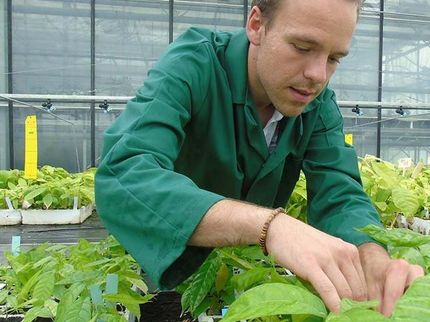Global Food Security Index 2019
Highlights the Growing Threat of Climate Change
Today marks the release of the Global food security Index (GFSI) 2019, which examines the state of food systems across 113 countries. Developed by The Economist Intelligence Unit, and supported by Corteva Agriscience, this year’s report of the data highlights the potential threat of the environmental crisis on food security and how proper investment and advances in food innovation can help to mitigate this risk.

Photo by Walter Otto on Unsplash
For the second consecutive year, Singapore, Ireland and the United States have retained their respective top three positions as leaders of food security, despite the addition of critical metrics to this year’s framework including the cost of food, agriculture infrastructure and nutritional standards.
|
Top five countries ranked |
Food security score (out of 100) |
|
1. Singapore |
87.4 |
|
2. Ireland |
84.0 |
|
3. United States |
83.7 |
|
4. Switzerland |
83.1 |
|
5. Finland |
82.9 |
|
5. Norway |
82.9 |
Global climate crisis - the impact of natural resources and resilience
Recognizing the growing impact of the global climate crisis and depletion of natural resources, the GFSI also includes “Natural Resources and Resilience” as a separate category of data sets to the other three established dimensions of food security. When this factor was accounted for in the analysis, all countries suffered a drop in their overall scores, highlighting the vulnerability of global food systems against threats such as drought, flood and rising sea levels.
When the fourth pillar was considered, countries who are heavily dependent on food imports for their food supplies such as Singapore, the United Emirates and the Philippines saw their ranking drop significantly, by eleven, nine and eight places respectively. Singapore’s decline in the table was also attributed to water-related risk factors including its vulnerability to storm severity, ocean eutrophication and rising sea levels.
Limited availability of nutrition
The GFSI 2019 also revealed that for a significant number of countries, essential vitamins and minerals are simply not available. More than 30% of countries reported to have insufficient amounts of Vitamin A, which is key in ensuring normal vision, a healthy immune system and organ function. Similarly, around a quarter of countries measured have insufficient amounts of zinc, an essential nutrient for maintaining a healthy immune system and functioning metabolism.
Undernourishment is a challenge worldwide, despite an abundance of food availability.
The GFSI 2019 reveals that nearly all countries within the index (88%) have a sufficient food supply for their population. However, according to the Food and Agriculture Organization of the United Nations (FAO) report on State of Food Security and Nutrition in the World[1], more than 820 million people in the world are hungry. This is a problem not just in a select few countries, but in many countries worldwide: over a third of countries in the GFSI indicate that more than 10% of their population is undernourished.
The GFSI 2019 also showed a rise in food prices worldwide, with the sharpest increases seen in Venezuela and Syria, highlighting the need for greater efforts to make nutritious, quality food more accessible to lower income populations.
Mr. Dana Bolden, Senior Vice President of External Affairs and Sustainability, Corteva Agriscience, said, “The insights revealed by the GFSI 2019 allow all stakeholders in the food ecosystem to clearly understand the current challenges that are hindering our progress towards a more food-secure world. We all play a role in the food value chain – from farmers, governments and industry leaders to retailers and consumers – and as such, it is our shared responsibility to use these findings as a catalyst for action, and drive progress towards a more sustainable food system. In doing so, we can produce more nutritious food, improve food accessibility and ultimately, achieve global food security.”
As part of the global launch of the GFSI 2019, a panel of experts including a celebrity chef and representatives from the Singapore Food Agency, Economist Intelligence Unit and Corteva Agriscience will be gathering to discuss the findings. The launch will be broadcast live on the Corteva Agriscience YouTube Channel at 6pm SGT, Monday 9 December.































































